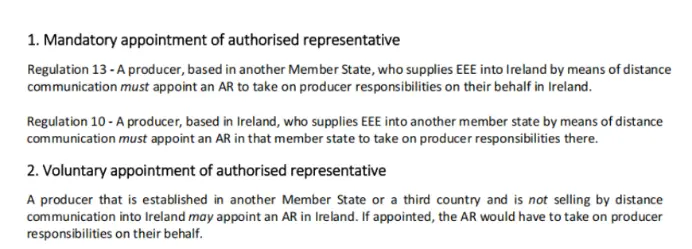
In-Vehicle DAB Product Certification Standards
With the globalization of the automotive industry, the export market for in-vehicle DAB products is expanding rapidly. However, due to varying regULatory requirements across different countries and regions, ensuring compliance with relevant standards has become a key factor for companies seeking international success. Below is an overview of the admission standards that in-vehicle DAB products must follow in certain regions.
European Union (EU) Region
In the EU, in-vehicle DAB products must comply with the following certification standards:
- E-mark Certification: ECE R10
- CE-RED Certification:
- EN 62368-1
- en 55032
- EN 55035
- EN 301 489
- EN 303 345
- en 50665
Gulf Countries Region
For in-vehicle DAB products entering the Gulf market, the following standards apply:
- GSO 2693:2022 – This standard, developed specifically for DAB+ in Gulf countries, defines general requirements, RF requirements, DAB+ channel decoding, audio decoding, functionality and user interface, announcement signals and switching, service labeling, and more.
- SASO 2938:2019 – A Saudi Arabian standard that sets requirements for performance, safety, and other aspects of in-vehicle DAB products. Products exported to Saudi Arabia must comply with this standard.
- UAE.S 5021:2018 – A UAE regulatory standard requiring that from 2020, at least 50% of vehicles sold in the country must be equipped with DAB receivers, increasing to 100% from 2024. The standard also outlines technical requirements and testing methods for in-vehicle DAB products.
Other Country-Specific Requirements
Certain countries impose additional requirements on in-vehicle DAB products.
For example, in Tanzania, the Tanzania Communications Regulatory Authority (TCRA) has issued minimum technical specifications for Digital Audio Broadcasting (DAB+) receivers, which require compliance with standards such as ETSI TS 103 461.
Global Certification Services
When exporting in-vehicle DAB products to multiple countries, companies must adhere to the specific regulatory requirements of each country and provide corresponding standard reports to obtain local RF market access certifications.
Currently, China’s JJR Laboratory has launched wireless certification services in nearly 140 countries and regions, covering all six continents worldwide.
Email:hello@jjrlab.com
Write your message here and send it to us
 Is FCC Testing Required?
Is FCC Testing Required?
 Where to Find FCC Test Reports
Where to Find FCC Test Reports
 LFGB Compliance Testing for Plastic Food Contact M
LFGB Compliance Testing for Plastic Food Contact M
 How to get LFGB Compliance Report for Food Grade P
How to get LFGB Compliance Report for Food Grade P
 LFGB Certification Process for Kitchenware Product
LFGB Certification Process for Kitchenware Product
 LFGB Test Requirements for Food Contact Materials
LFGB Test Requirements for Food Contact Materials
 Irish Battery Act Requires an Authorised Represent
Irish Battery Act Requires an Authorised Represent
 Swedish Battery Act Requires an Authorised Represe
Swedish Battery Act Requires an Authorised Represe
Leave us a message
24-hour online customer service at any time to respond, so that you worry!




